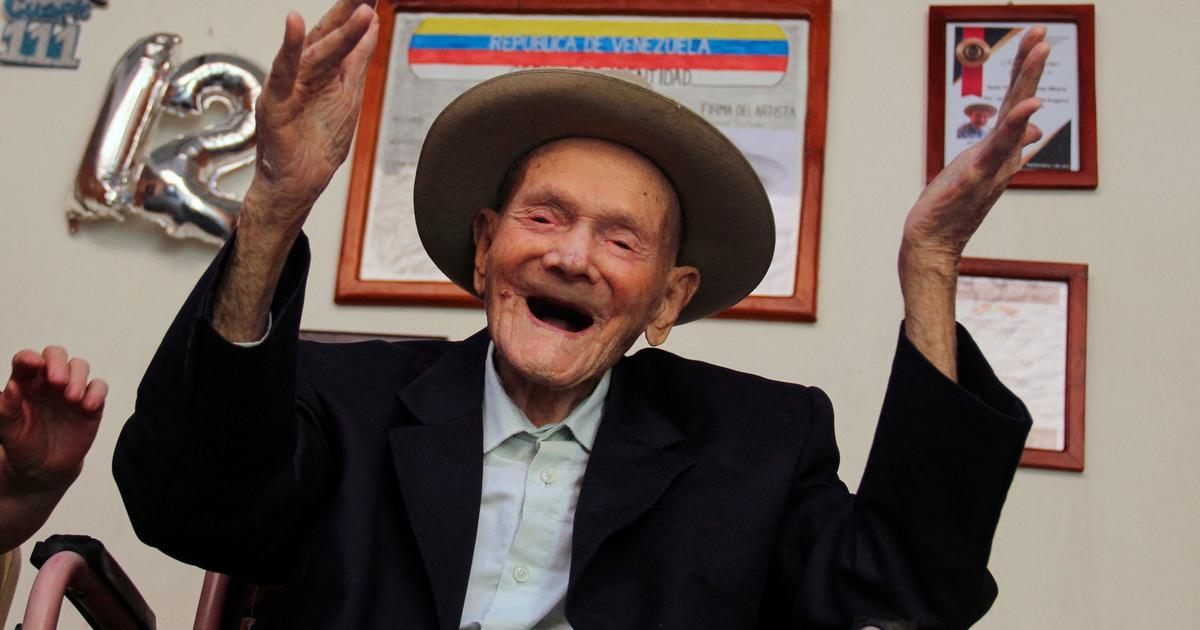Chronic difficulties in obtaining fuel in Venezuela threaten to collapse the most important planting cycles of agribusiness.
Long lines of trucks and trailers on the roads waiting to buy diesel are common.
The businessmen grouped in the Federation of Agricultural Producers of Venezuela (Fedeagro) calculate that 30% of the bean harvest and 20% of the sugar cane harvest have already been lost.
Producers have had to reduce working hours in some cases due to the impacts of shortages in the logistics chain.
In the Andean states of Mérida and Táchira, large losses of vegetables have been recorded.
In the northwestern state of Portuguesa, the maize cycle, one of the most important products of the national crop, is threatened.
The president of Fedeagro, Aquiles Hopkins, is particularly concerned about the impact “on the surface of land that will not be able to be cultivated”.
More information
The shortage in Venezuela raises expectations in the Biden government
Diesel shortage paralyzes Venezuela
Photogallery |
The long lines to refuel in Venezuela
The situation adds to a moment of extreme economic and social fragility in the country.
Part of the population is already exposed to food insecurity and receives international aid.
President Nicolás Maduro recently spoke on television about the diesel problem.
After once again blaming "the blockade" for the country's difficulties, the president said it was time to "regularize access" to fuel.
"There are no excuses," said Maduro, who asked his ministers to present him "in 72 hours" a plan for the distribution of diesel, which the State distributes free to economic agents and the military sector.
Despite the urgency that the Government has given to the problem, things have not changed at all, says agricultural producer Celso Fantinel.
"Only 20% of the producers are optimally entering the next sowing cycle," he adds.
Difficulties in access to fuel have become a chronic disease in Maduro's Venezuela. Particularly in the last three years, after having been for decades an energy power specialized in the export of petroleum derivatives.
The lack of diesel is not a consequence of production shortfalls. Corruption and waste have accelerated the collapse of the oil industry in recent years. Petróleos de Venezuela staff are desperately working with Russian and Iranian advice to rebuild refineries, which has somewhat mitigated the impact of the gasoline shortage in recent months. Diesel production, of about 50,000 barrels a day, could meet national demand with some shocks at a time when there are significant inventories of crude oil and fuel in reserve.
Economist Antonio de la Cruz believes that a black market is developing.
“They are mafias within PDVSA, especially at the Cardón refinery.
Diesel in Venezuela is free and in Colombia it sells for 50 cents.
Those industrialists who are not connected to the mafias do not have access to fuel.
Because they are not all: some industrialists do get diesel with some ease ", says the specialist.
Diesel, the product of the first crude distillation process, has become a staple good in the province for industrialists and businessmen, who have had to buy fuel-fired power plants to protect themselves from the usual power outages outside of Caracas in the last four years.
De la Cruz, like other analysts, thinks that Miraflores could delay the solution of the diesel problem to make the effects of the bloc evident, and thus make it easier for some human rights activists to demand from Washington the end of international sanctions against Venezuela by the Joe Biden Government. Part of the diesel and fuel produced in Venezuela is sent to Cuba within the framework of the cooperation agreement that both countries have had since 2000.
With international vetoes on trade with PDVSA by the United States, the Maduro government is still today prevented from making oil-for-fuel swaps and has great difficulties importing gasoline. "The mismanagement of the oil industry has caused a sharp deterioration in our refining capacity," concedes economist Francisco Rodríguez. “The sanctions have seriously impacted production by making it difficult to directly purchase inputs and import. It is demonstrated in the economic analysis that qualitative restrictions lead to higher levels of corruption ”.
Aquiles Hopkins, from Fedeagro, argues that the producers have asked the government to import diesel on their own.
“We have not had an answer.
There is no reason why the national agribusiness does not have fuel to work.
It will be food that will be missing from the Venezuelan's plate, who today eats 40% of what they previously consumed.
We produce half of this food here ", says the federation spokesman, who regrets that farmers have" three years without any communication with the Maduro government "and that the Ministry of Agriculture and Lands is" an empty shell " .
Subscribe here to the
EL PAÍS América
newsletter
and receive all the informative keys of the current situation in the region.

/cloudfront-eu-central-1.images.arcpublishing.com/prisa/PRPUZTY6LNBW5AU2SVOCZBYRS4)












